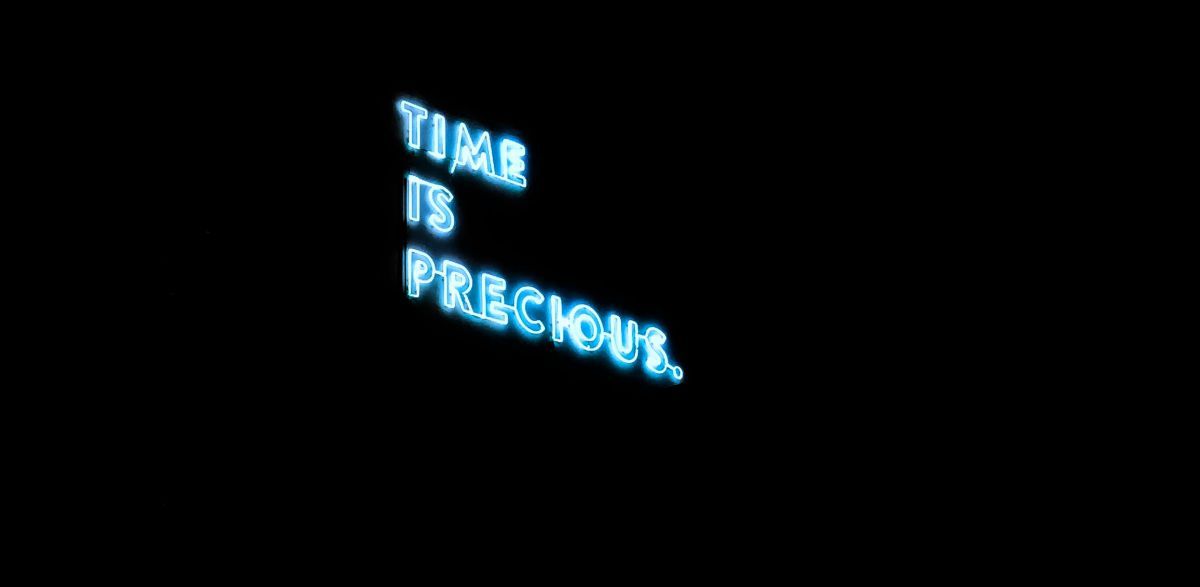To build the best solutions takes the best, most modern materials. The digital world is no different. Today, I’m going to examine some of the leading project tools, from which to design and develop the digital creations which your users will enjoy and explore.
I am, of course, referring to those in the title, comparing React vs Angular vs Vue. There are many frameworks from which to choose, but I have been able to determine from the leading choices.
Why Does It Matter?
Of the top frameworks, you can use, there is React, Angular, or Vue. Each has leading qualities, but to avoid accumulating future technical debt, you must remain with one.
So, I’m going to shine a light on constructing web pages, web applications, and other digital creation, and determine which is best.
Disclaimer: I’ll be objectively subjective.
I want to state, on the outset – that I’m going to keep the comparison as close to one another as possible. I’ll therefore do my best to contextualise and refer to user requirements. There are some overlaps between the systems and some areas in which they can only function. It’s important to note that each technology works as part of an existing stack.
I also won’t hold back on our opinions. Programmers and developers are artists, too – with strong opinions. One of our experts, Hubert, had stated:
“… without structure, we’d be comparing a kitchen robot to a stove with a set of pots and pans.”
React vs Angular vs Vue: The Basics
Let’s get to the basics. In case you haven’t heard of the fundamentals – I’d like to take you through them right here. These solutions aren’t direct answers to one another, as they are not merely ‘frameworks’, acting against one another. Instead, we can confidently deduce that these act as ‘solutions’. Let’s take a closer look:
React
It’s a JavaScript library used for building User Interfaces (UI). Developed by Facebook in 2013, it adorns the likes of Zuckerberg Valley favourites such as WhatsApp, Instagram, Facebook, and UBER.
Combined with all the accompanying libraries, React operates as a framework suited for almost any scale of web app. Think small libraries for small apps, or robust frameworks for huge solutions.
Angular
Consider this one to be one framework, built to power the likes of mobile and desktop-based apps. Formally known as Angular 2+, this one was built a slight deal earlier, in 2010, and is most notably used by its developer, Google. You can also find it in Wix, among other popular sites.
It is a TypeScript-based JavaScript framework. Its decade-long appearance has on-average featured an update per year.
Vue
Think of this as a progressive JavaScript framework. Developed in 2014 by Evan You – a former Google Developer – this one comes youngest of the three. But its relative age hasn’t stopped online behemoths Alibaba and GitLab to take advantage. Its popularity continues to surge, despite no company backing.
Its latest version, 2.6, last took effect in February 2019. As of now, it remains in Alpha, with a planned move to TypeScript.
Who’s Most Beloved?

Source: Stack Overflow Developer Survey Results 2019
Stack overflow has studied the opinions of Frameworks consistently. Among other peculiar statistics, it’s determined the most ‘beloved’ framework.
- React: 1st Place
- Angular: 9th Place
- Vue: 2nd Place
That adoration seems to coincide with the levels of downloads, according to NPM Trends. All-time downloads have always been highest for React, with Vue and Angular, who at 2nd and 3rd place, respectively have been in close competition.
But What About My Business?
The applications for realising your next digital adventure, or misadventure rest on several factors. These are of course non-layman terms, but can be understood to reflect some of the most basic intentions you might have when requesting a website or an app.
Let’s take a look at some of these:
- Flexibility– Creativity in features can be limited, depending on the chosen platform.
- Performance– What kind of platform are we dealing with? Something versatile, or strict?
- Single Page Apps – Websites without complication. Simple pages with minimal load times.
- Multi-Page Apps – Traditional, complex websites, such as Media or e-Commerce platforms.
- Developer Availability – Low availability raises the spectrum of time, and higher wages.
- Learning– What degree of skillset is required for this solution?
- Backing– Support by larger market players can strengthen its prospects.

Choosing the Right Framework for Your Project
React
- Complex Apps Made Possible
- Higher Developer Experience Required
Sky’s the limit, in terms of creation. Build large, multi-page applications with ease. But prepare to commit resources to developer availability. This can depend on the length of the project, with costs proportional to the length of the project support.
React is simple for your developers to learn, but its sandbox-like possibilities mean experience and confidence are essential to building a good product. This is because numerous technical decisions must be made autonomously, by the developer.
Angular
- Simple, Highly Reliable Projects
- Faster Release Time
Angular is best suited for building single page applications. Adding to a complicated learning process, developers will face well-defined, opinionated rules and regulations. That gives you less freedom to build complex features, however, would be well suited to an MVP, for instance.
Developers must therefore obey rules and cannot step out of established boundaries. This ultimately results in less of a chance of mistakes – simplifying the process, meaning that your project’s time-to-market will be faster.
Vue
- Highly Flexible
- Faster but Possibly Imperfect
The newest of frameworks,Vue, enables you to build highly customisable and creative applications. However, its promise of speed and delivery mean occasional debugging and iterations.
Its ease of learning and simplicity present lower costs, and possibly faster development times. However, it is important to remember that technical debt may accumulate. Therefore, you may require additional time to perfect your product.
Where to Go from Here?
What goals can be achieved by any of the frameworks, when viewing from a higher level, are essentially the same. Each will bring your creation into fruition.
The difference is how you approach during the process. Do you wish to make a simpler page, to build faster solutions, with later edits?
In essence, React offers simple, and structured products. Angular presents carefully crafted expert products. Vue, on the other hand, brings economical, and flexible possibilities to the table.
That decision rests on you and your business objectives. Based on the above info, it would be easier to make the conclusion that is specific to your creation. Of course, should you need more clarification as to which solution works best for you – then I would be happy to oblige.
No matter the framework, we've got your back! Explore our custom development services.


